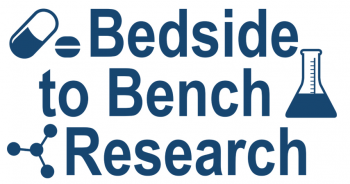Precision medicine

Precision or personalized medicine refers to a treatment paradigm in which genetics/genomic testing is integrated with traditional laboratory testing to aid in the diagnosis, treatment and prevention of disease. Precision medicine has relevance for both common and rare diseases. The tools of precision medicine can be applied to many disciplines including diabetes and endocrine conditions. We aim to use combine modern genetic testing and molecular biology techniques with traditional methods of testing endocrine physiology. In particular, we take a “Bedside to Bench” approach. In doing so, we find patients with rare or unique presentations of disease, perform genetic testing and then take these results to the lab to perform functional testing.
Atypical diabetes
The majority of patients can be classified as having Type 1 or Type 2 diabetes. Advances in genetics has also identified genetic forms of diabetes, monogenic diabetes (MODY). We are interested in identifying individuals who don’t neatly fit into these broad classifications for diabetes. This includes individuals who are severely resistant to insulin.
Stephen Stone, MD is a co-investigator for a multi-center clinical trial studying patients with rare and atypical forms of diabetes (RADIANT). This study hopes to identify individuals who do not clearly fit the pattern of either type 1 or type 2 diabetes.
For more information
For more information or to consider enrolling in the study you may call Stacy Hurst:
Voice: 314-747-3294
Email: atypicaldiabetes@wustl.edu
Please visit Atypical Diabetes Network for more information about the study and how to join.